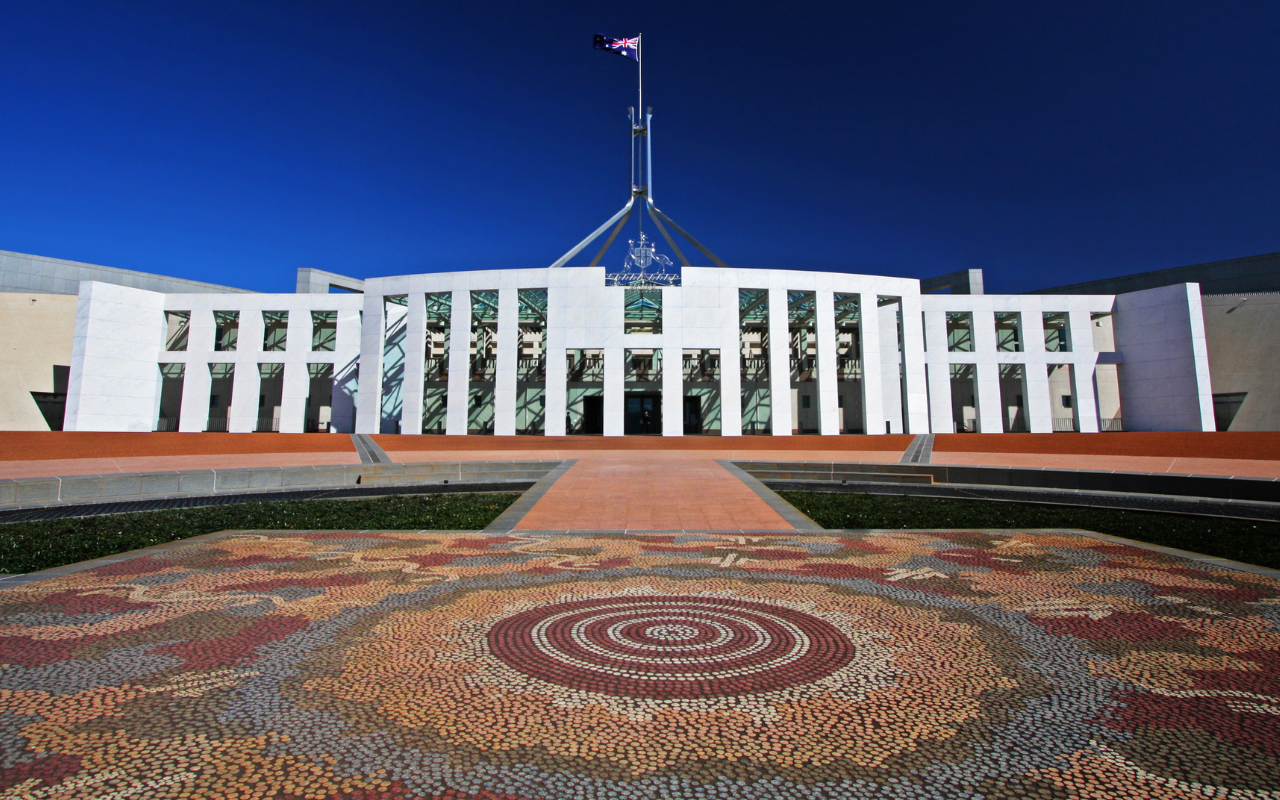As the referendum date approaches, InSight+ looks back on our coverage of the Voice to Parliament.
On 14 October 2023, Australia will vote on whether to change the Constitution to establish the Aboriginal and Torres Strait Islander Voice to Parliament, which would make representations to the Parliament and the Executive Government on matters relating to Aboriginal and Torres Strait Islander peoples.
The Medical Journal of Australia supports the Voice to Parliament, with InSight+ publishing a range of health content of the past few months exploring how a Voice to Parliament may help improve outcomes for Indigenous people.
We have interviewed prominent Australian health practitioners and academics to get their thoughts on the referendum, what it means, how it relates to Aboriginal health and wellbeing, and what they think about the vote.
How will the referendum work?
On referendum day, Australians over the age of 18 years will be asked to vote. The question asked will be:
“A proposed law: to alter the Constitution to recognise the First Peoples of Australia by establishing an Aboriginal and Torres Strait Islander Voice. Do you approve this proposed alteration?”
For a referendum to pass, the vote must achieve a double majority (a national majority; ie, more than half of voters from all states and territories) as well as a majority of votes from at least four of the six states (votes from the Australian Capital Territory and the Northern Territory will count only toward the national majority).
Ian Anderson
Professor Ian Anderson, the Deputy Vice Chancellor at the University of Tasmania and palawa (Aboriginal Tasmanian), led negotiations for the Australian Government that resulted in the 2020 National Agreement to Close the Gap in Indigenous outcomes.
“Over my career, I have been privileged to be involved in national policy making that resulted in significant improvements in Indigenous health care and contributed to improved Indigenous health outcomes,” Professor Anderson wrote in InSight+.
“However, I believe there is more work to be done in Indigenous health and across all the social and cultural determinants of health.
“A Voice [to Parliament] does not guarantee outcomes, but it does provide a stronger platform through which governments can work more effectively with Indigenous Australians at a regional and national level.”
Read Professor Anderson’s article or listen to the podcast.
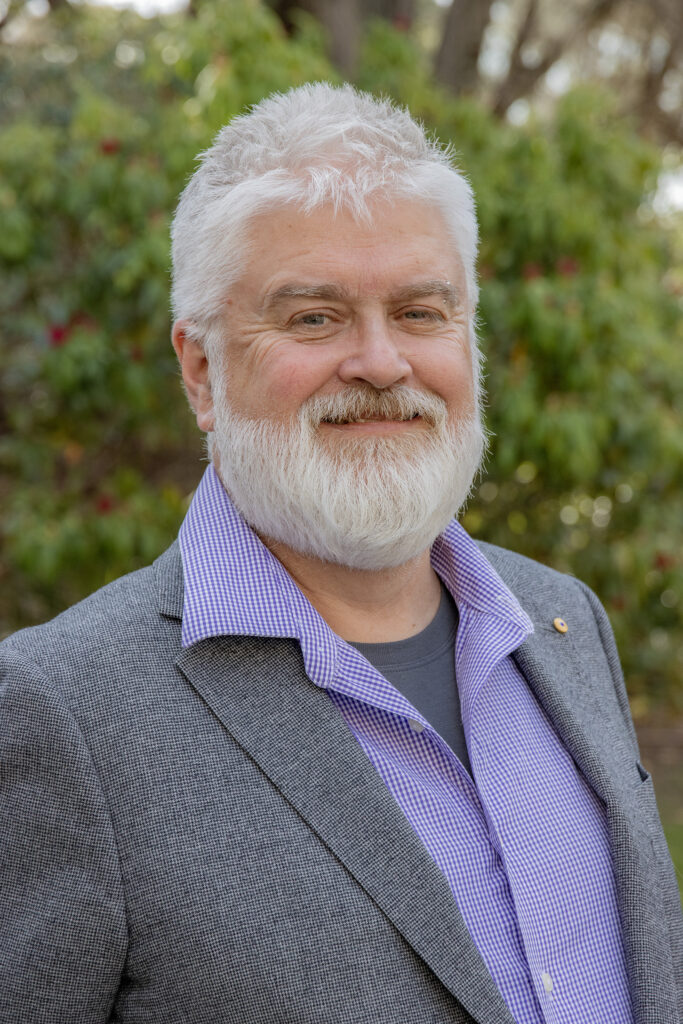
Fiona Stanley
Professor Fiona Stanley AC is an epidemiologist and one of Australia’s most prominent public health advocates.
She was among the first to harness data to quantify the disparity in Aboriginal and Torres Strait Islander health and wellbeing.
Professor Stanley told InSight+ she has seen Aboriginal community controlled health systems produce tangible outcomes for First Nations’ health, while she said programs without Aboriginal and Torres Strait Islander control did not improve Indigenous health and wellbeing.
“When Aboriginal communities are called on to do the job, they do it better than anyone in the world,” she said, referring to the Aboriginal community controlled response to the coronavirus disease 2019 (COVID-19) pandemic, which was internationally recognised as global best practice (here).
“How [the] COVID-19 [pandemic] was managed is a model for how [the Voice to Parliament] will work. And that’s why I’m very excited about the Voice,” she said.
Read Professor Stanley’s interview or listen to the podcast.
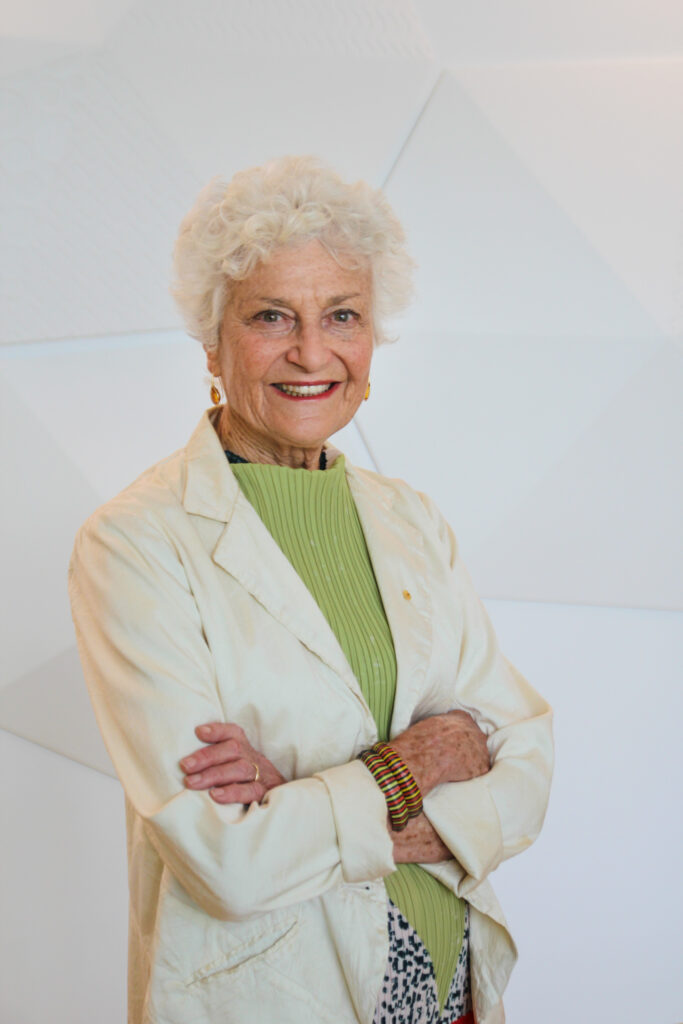
Kelvin Kong
In his interview, Professor Kelvin Kong said the stripping away of resources in primary health care and Indigenous Health Practitioners must be stopped.
Professor Kong is a Worimi man, an otolaryngology, head and neck surgeon and a Fellow of the Royal Australasian College of Surgeons.
Earlier this year, he was named NAIDOC Person of the Year for his work with Indigenous children at risk of hearing loss due to otitis media.
The Royal Australian College of Surgeons has had a significant role in promoting social health, and its role in promoting the Voice to Parliament is no different, he said.
“As a medical organisation, and through the [Australian Medical Association] as well, it is within our remit and mandate to make sure we make the community safe for our patients,” Professor Kong told InSight+.
“Living life as an Indigenous person can be traumatic from the day you’re born.
“From the events which you see and the way in which your family are treated.
“Eliminating racism in health is paramount because [it] leads to reduced trust in health care systems in vulnerable communities, which perpetuates health disparities.”
Read Professor Kong’s interview.
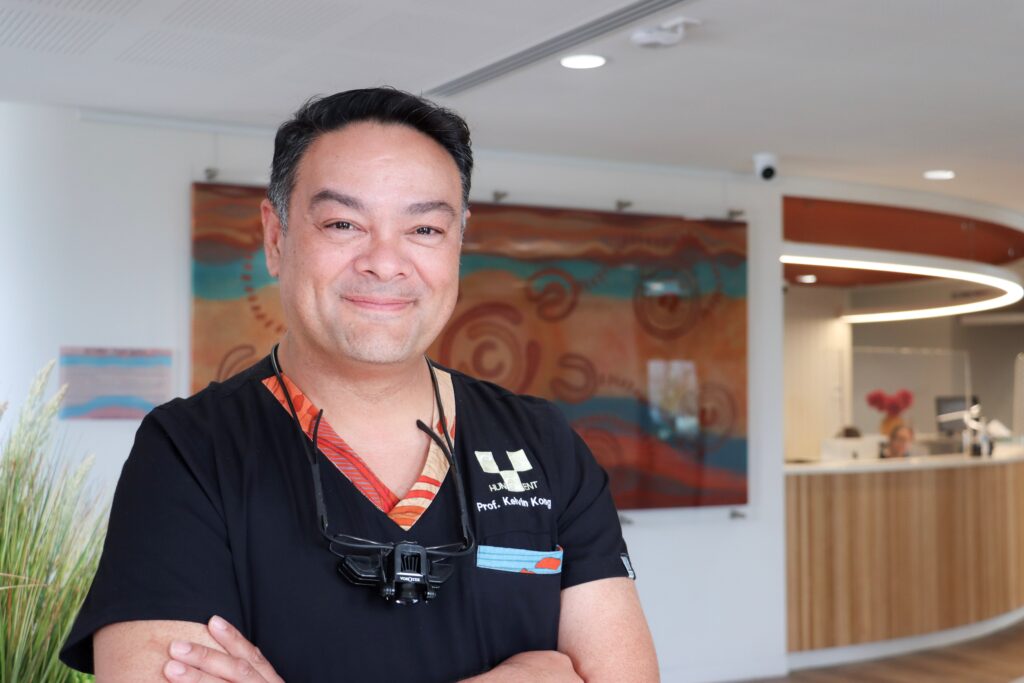
Donisha Duff
Adjunct Associate Professor Donisha Duff is an Aboriginal and Torres Strait Islander woman from Thursday Island, and a Yadhaigana and Wuthathi (Cape York) traditional owner.
She is currently the senior manager of the OCHRe (Our Collaborations in Health Research) Network, and was previously chief operating office at the Institute for Urban Indigenous Health in Southeast Queensland.
Associate Professor Duff would like Australians to understand that First Nations-controlled health care is a model that works, when they come to vote in the upcoming referendum.
“It’s a simple notion: giving First Nations a say on the issues that impact us,” she said.
“The big gripe you see is about failed programs and millions of dollars and no changes. But at the end of the day, we’re just not being listened to.”
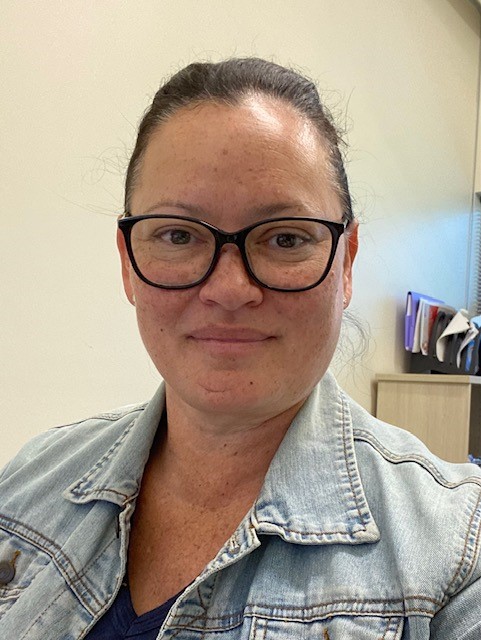
Read our coverage
Voice to Parliament: a Northern Territory doctor’s perspective
Indigenous Voice to Parliament: perspectives on Closing the Gap
The Voice can help Australia eliminate fatal childhood heart disease
The Voice to Parliament “creates an opportunity to codesign a healthy future”
Listen to our podcasts
Improving Aboriginal and Torres Strait Islander health outcomes, with Professor James Ward
Improving Aboriginal and Torres Strait Islander outcomes, with Professor Ian Anderson
Improving the health of Aboriginal and Torres Strait Islander children, with Professor Fiona Stanley
Subscribe to the free InSight+ weekly newsletter here. It is available to all readers, not just registered medical practitioners.

 more_vert
more_vert